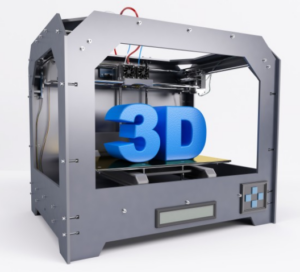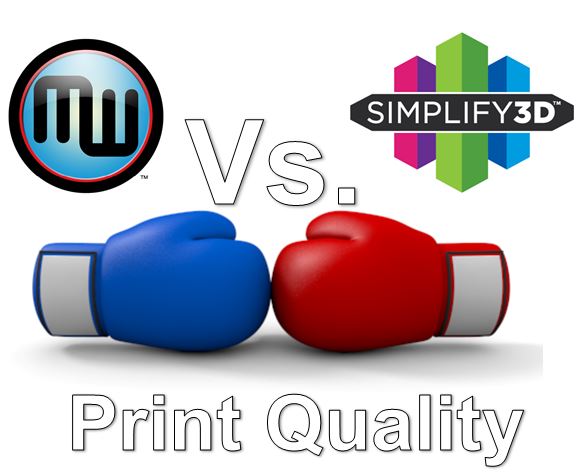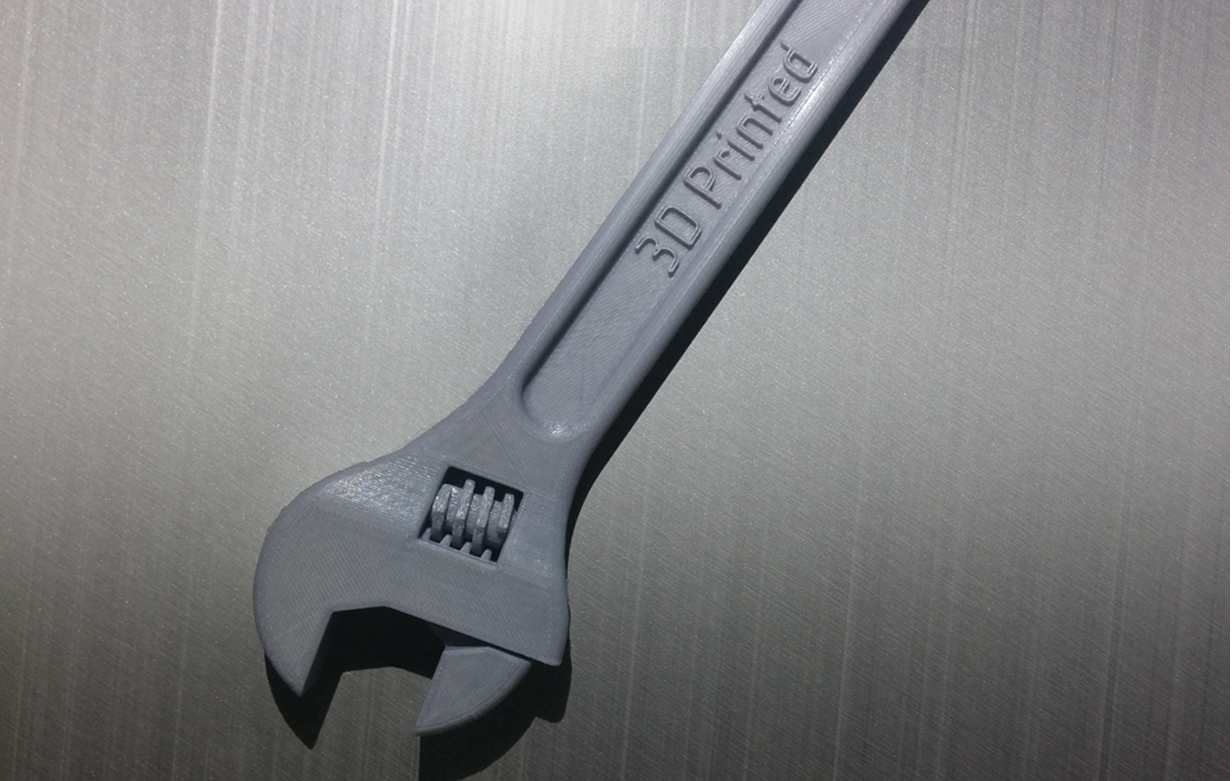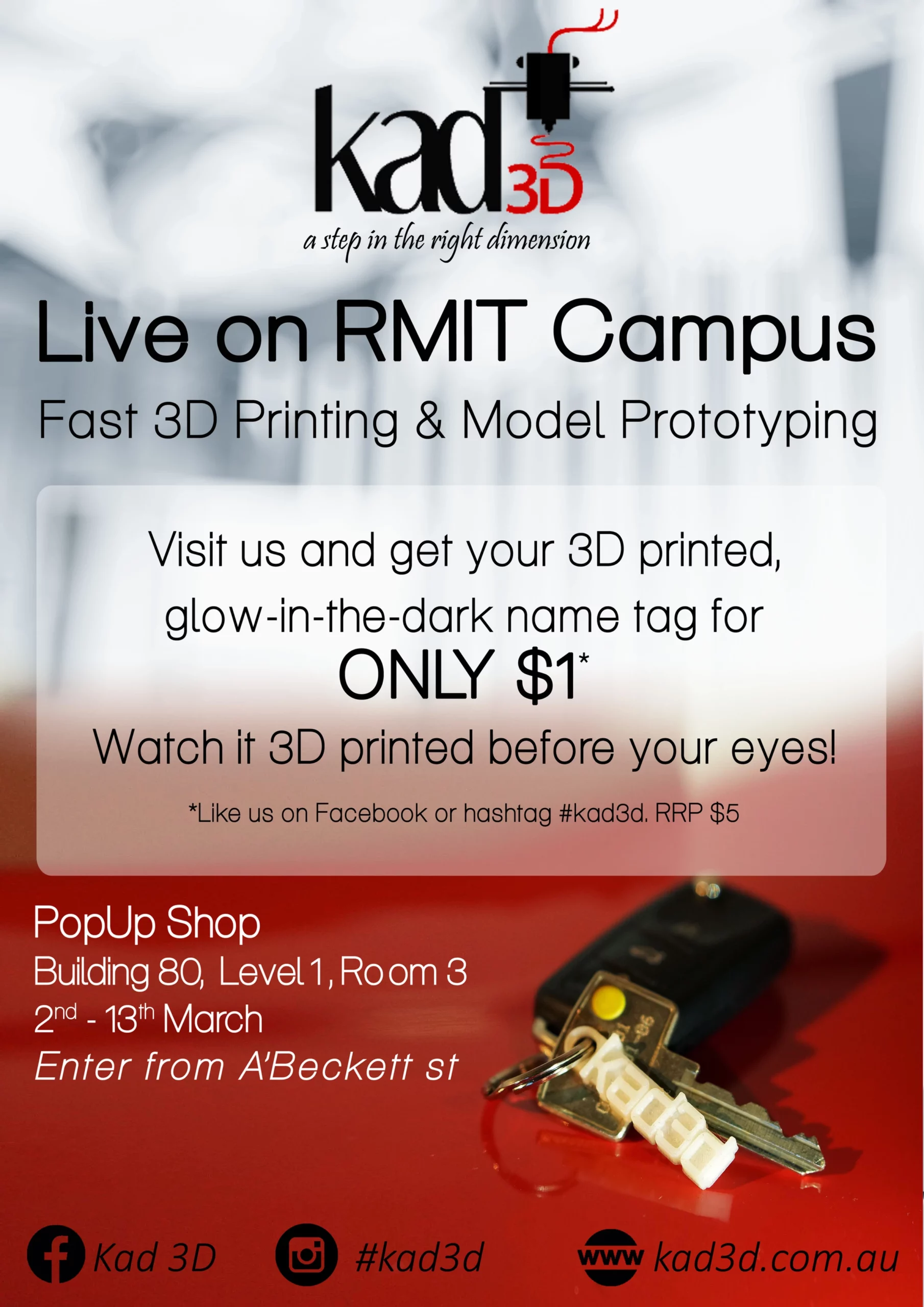PCTG (Polycyclohexylenedimethylene Terephthalate Glycol-Modified)
Brief Introduction and History
PCTG, a glycol-modified form of thermoplastic polyester, has gained prominence in the 3D printing industry due to its excellent strength, heat resistance, and durability, making it a preferred choice for various applications.
Material Composition
PCTG is synthesized from the combination of cyclohexanedimethanol and terephthalic acid, resulting in a thermoplastic polymer with enhanced properties.
Uses
- Prototyping and modeling
- Functional parts in mechanical engineering
- Medical device components
- Food packaging
Best Fit Use
Given its high durability and ability to withstand heat, PCTG is best suited for applications requiring strong, stable parts that can endure harsh conditions.
Detailed Example of Specific Use 1
PCTG is extensively used in the production of medical equipment components due to its biocompatibility, impact strength, and resistance to common sterilization methods.
Detailed Example of Specific Use 2
Many manufacturers utilize PCTG for creating food-safe packaging for its excellent chemical resistance and ability to maintain the integrity of packaged contents.
Difference Between Basic and Advanced Forms
The advanced form of PCTG offers superior impact resistance, enhanced clarity, and improved processability compared to the standard version, making it more versatile for a range of applications.
Benefits
- Exceptional strength
- Transparency
- Chemical resistance
- Biocompatibility
Drawbacks
PCTG may exhibit higher material costs and may require more precise printing conditions due to its characteristics, which might slightly limit its accessibility.
Overall Rating for Daily Use
PCTG is highly suitable for both hobbyist and professional 3D printing applications due to its outstanding mechanical properties and diverse range of uses. It has earned a solid rating for daily use.
Future Developments
Ongoing research aims to further enhance the thermal stability and processability of PCTG, potentially expanding its applications in advanced 3D printing technologies, such as additive manufacturing for aerospace and automotive industries.






